Indigenous Peoples’ food systems (IPFS) have traditionally provided healthy diets in diverse environments around the world. However, historical and ongoing disruptions of IPFS have caused profound changes in dietary patterns of Indigenous Peoples. Continued loss of food biodiversity, combined with increasing consumption of processed foods, among other factors, lead to various forms of malnutrition. Indigenous women disproportionately bear the burden of malnutrition.
This toolbox provides guidelines for designing, implementing, monitoring, and supervising projects to improve the diets and nutrition of Indigenous Peoples, with emphasis on leveraging local food biodiversity in IPFS. The focus on biodiversity for food and nutrition is supported by research studies and aligned with Indigenous Peoples' aspirations to promote biodiversity of local foods, which is interlinked with traditional knowledge, practices, languages, culture, and environment.
The toolbox describes IPFS and key actions and approaches to strengthening IPFS, followed by step-by-step guidance on how to assess food biodiversity and dietary diversity, and design project activities together with local communities by taking into consideration their views, knowledge, and experiences. The toolbox includes participatory videos produced with Indigenous Peoples’ communities in four different countries and livelihood contexts. Let's get started!



Built with
Mobirise.com